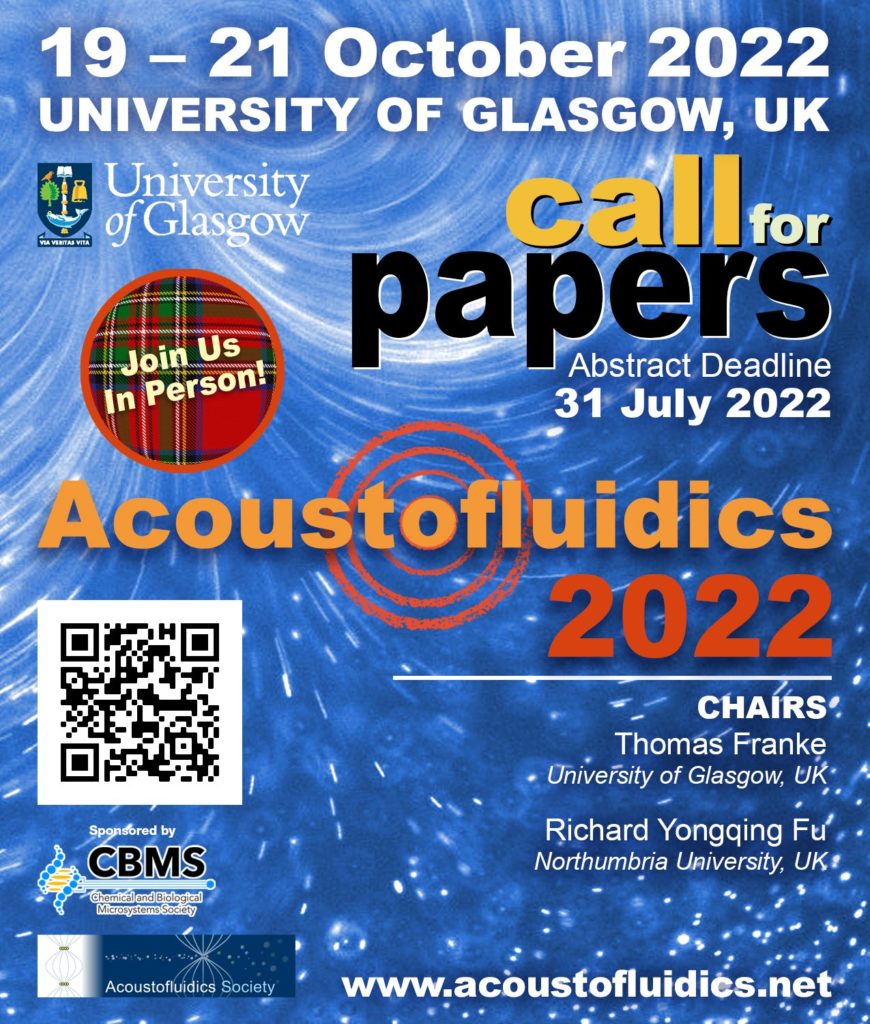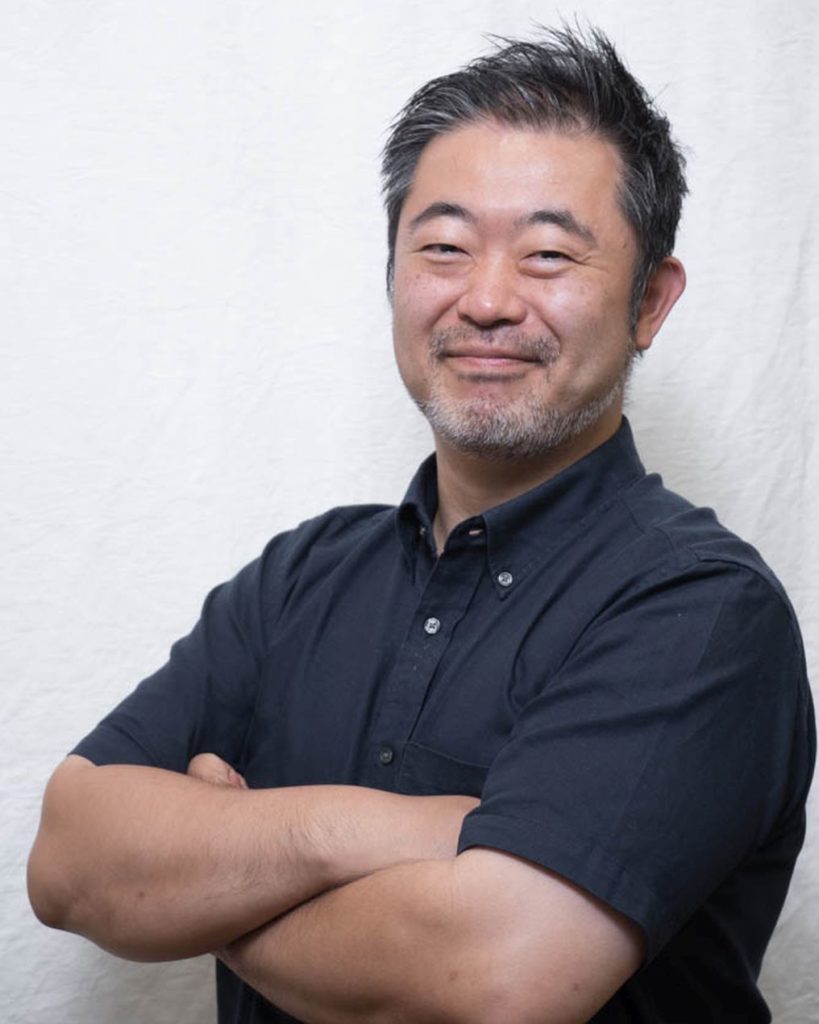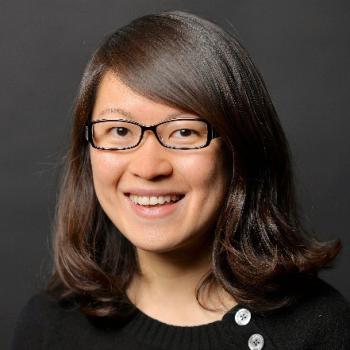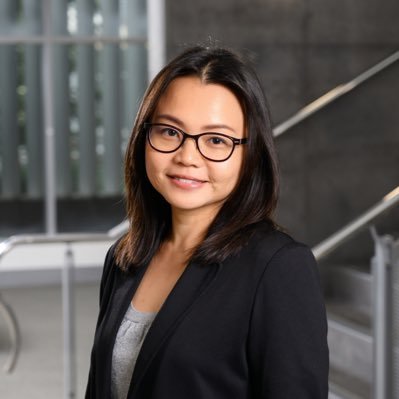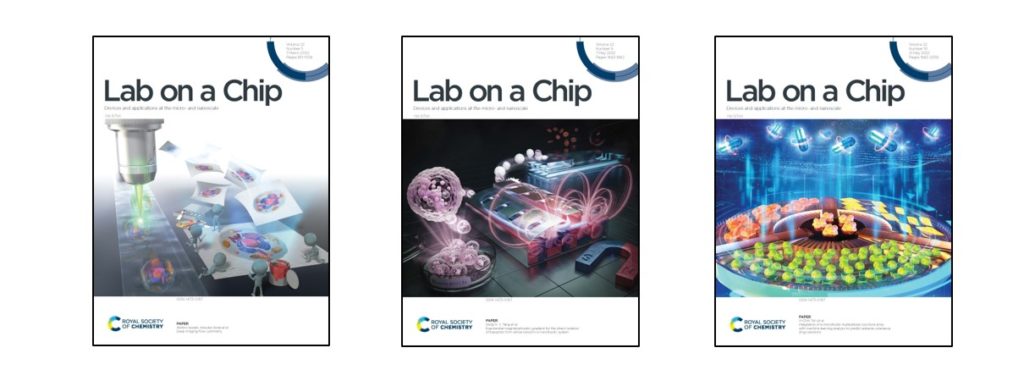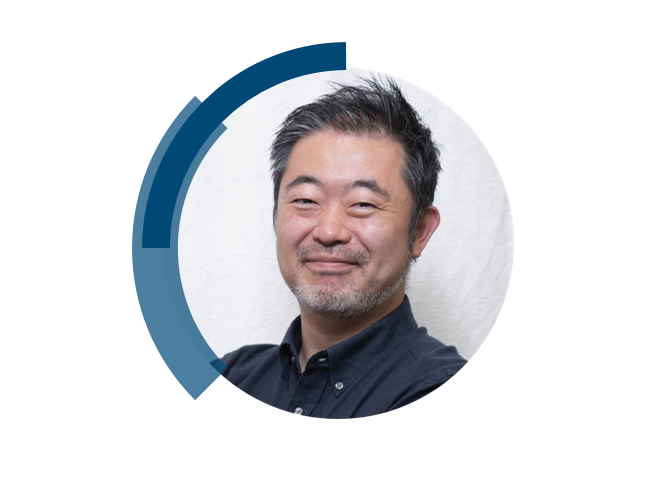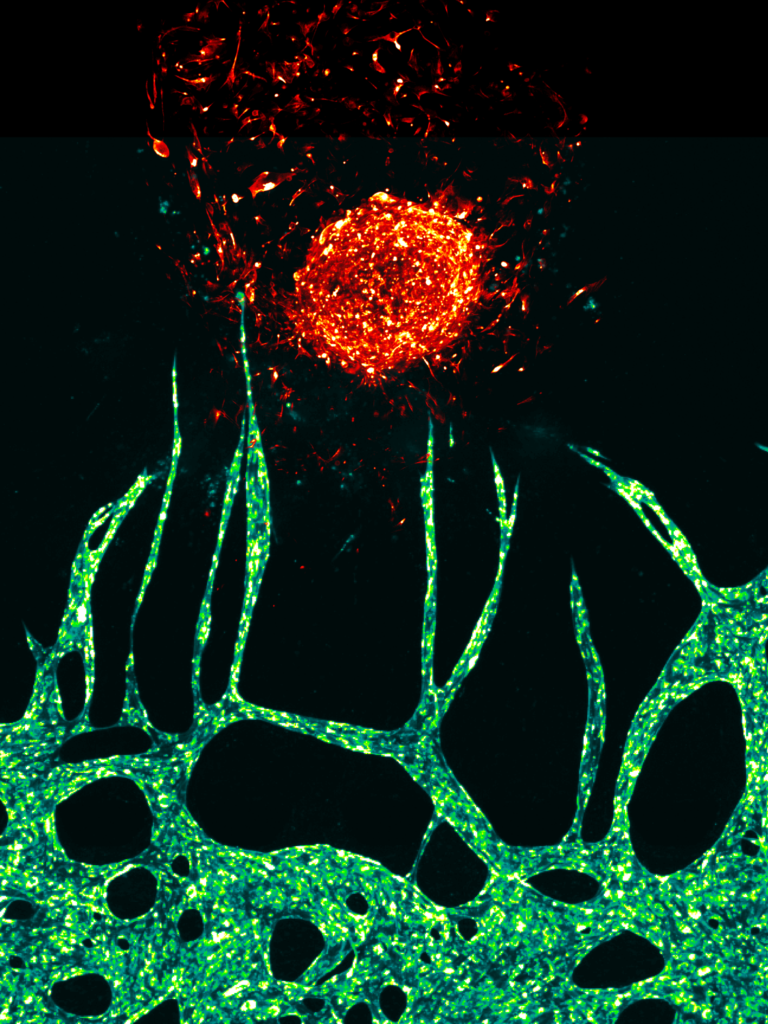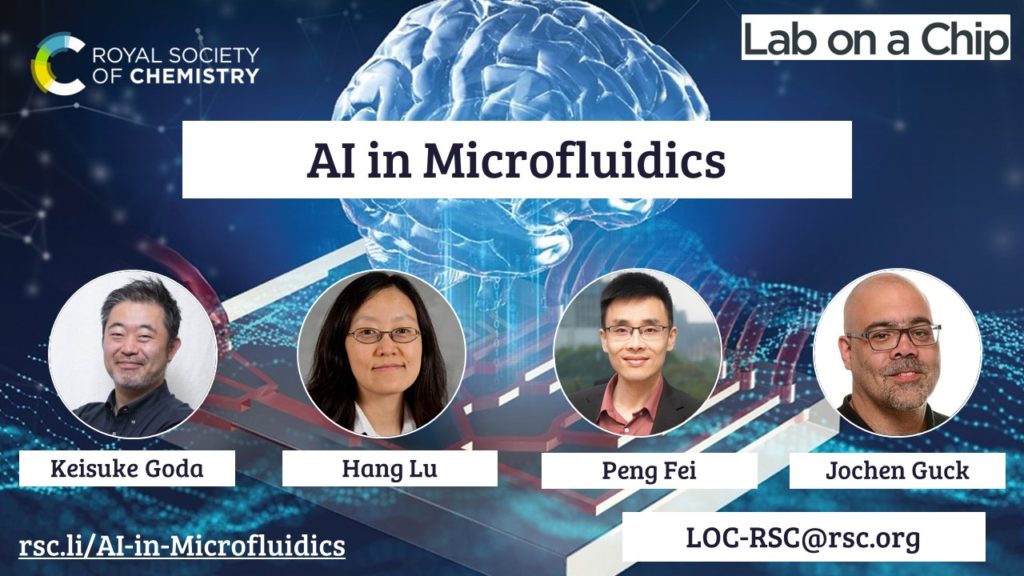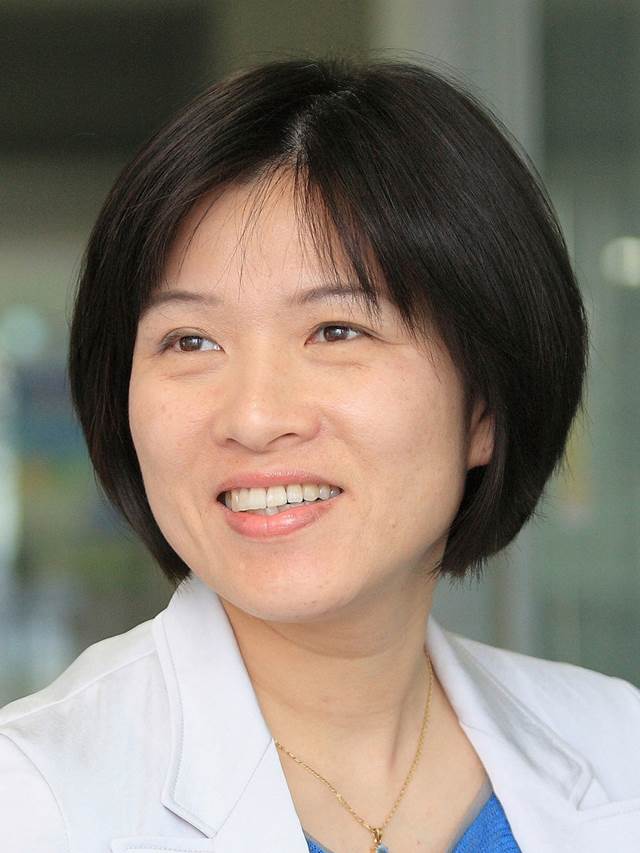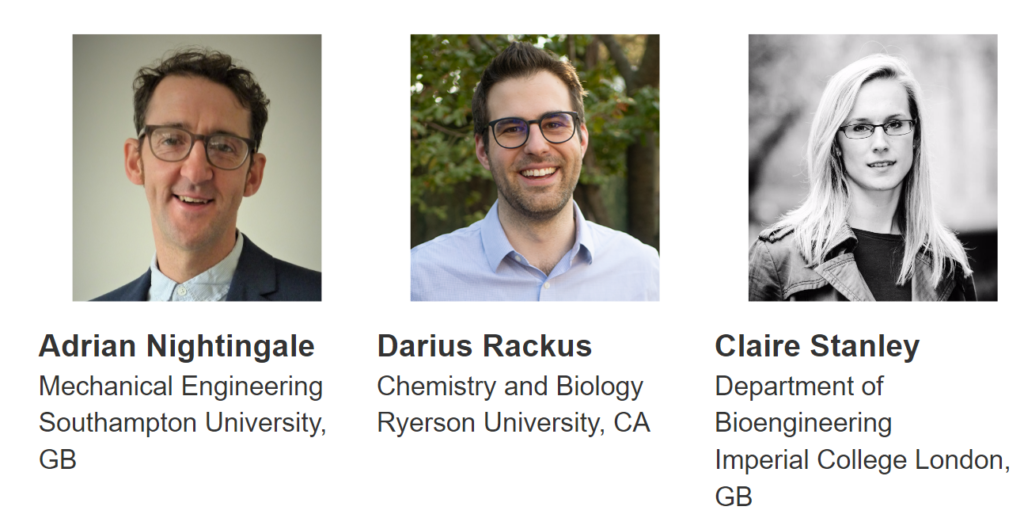Lab on a Chip and Dolomite are delighted to announce the winner of the 2022 Pioneers of Miniaturization Lectureship, Professor Yi-Chin Toh.
 This Lectureship honours and supports the up and coming, next generation of scientists who have significantly contributed to the understanding or development of miniaturised systems.
This Lectureship honours and supports the up and coming, next generation of scientists who have significantly contributed to the understanding or development of miniaturised systems.
Yi-Chin Toh is currently a Future Fellow and Professor at the Queensland University of Technology. She is trained as a chemical and tissue engineer, having obtained her B.Eng. and PhD from the National University of Singapore. She did her post-doctoral training at the Massachusetts Institute of Technology under Professor Joel Voldman’s guidance. Before joining QUT, she led an independent research group as an Assistant Professor at the Department of Biomedical Engineering, National University of Singapore.
The mission of her research group is to develop new animal-alternative technologies so that drug testing and biological experimentation can be conducted in a more sustainable and human-relevant manner.
Her major scientific contribution is in the interfacing of tissue engineering with microfluidic technology to mimic biological complexity but in scalable and manufacturing-compatible formats that will be practical for deployment in routine drug testing. Her work has contributed significantly to understanding human pluripotent stem cell development and mimicking systemic multi-organ interactions, such as metabolic and immune interactions.
She has produced 64 peer-reviewed publications (h-index = 27), 8 patent applications, and over 100 conference presentations. Her works on animal alternative technologies have won accolades, such as the Global 3R Award, and are being featured in the Lab on the Chip Emerging Investigator Series (2019). Yi-Chin serves in the Australian Research Council College of Experts and is an associate editor of AIP Biomicrofluidics and Frontier in Digital Health (Personalised Medicine). She recently joined the Scientific Advisory Committee of Lab on a Chip (2022). She also contributes actively to the organization of the MicroTAS conference series, including the Poster Award Committee (2018-2019) and the Executive Technical Program Committee (ETPC) in 2021.
Read some of Yi-Chin Toh’s recent Lab on a Chip papers:












